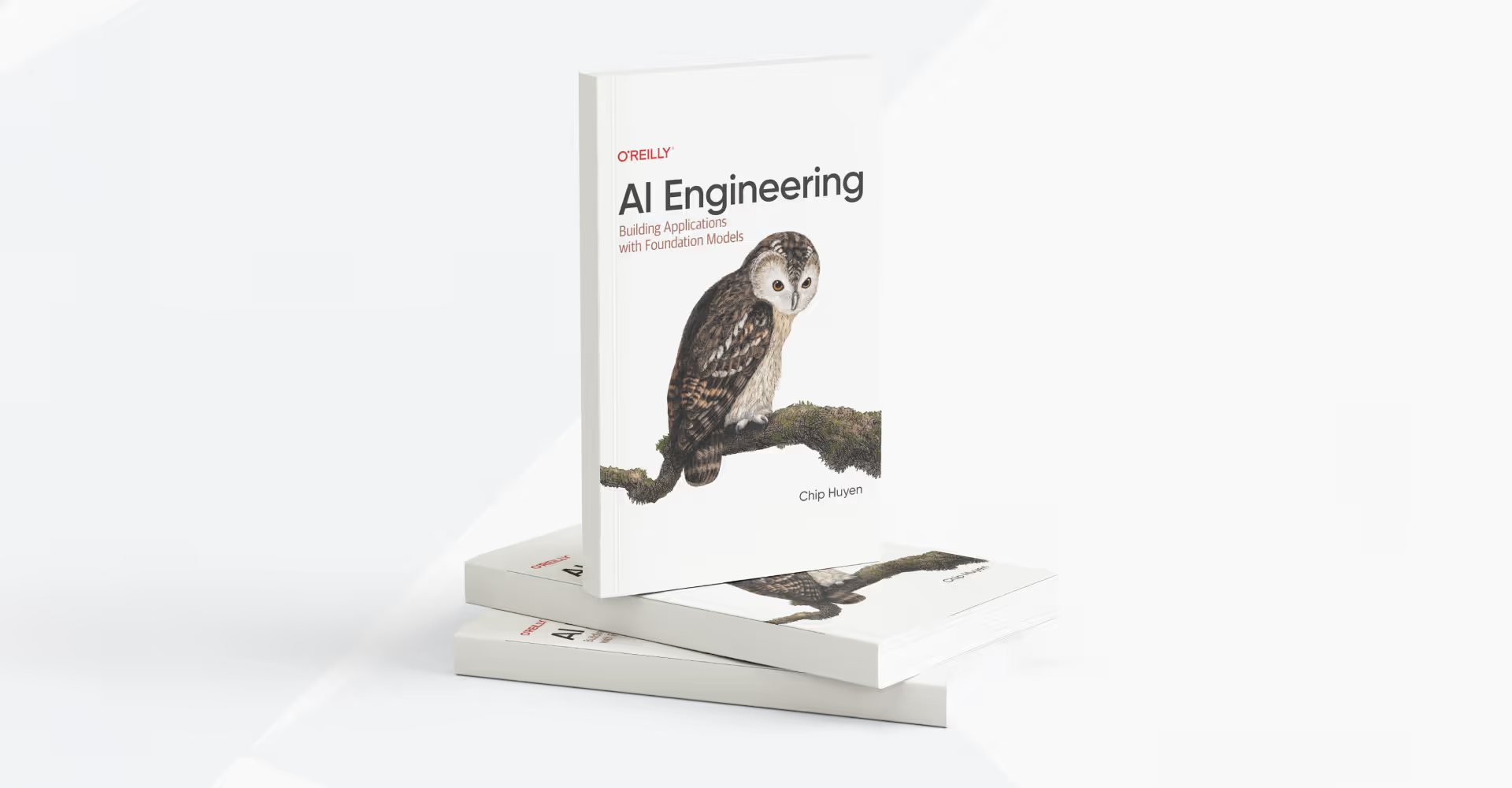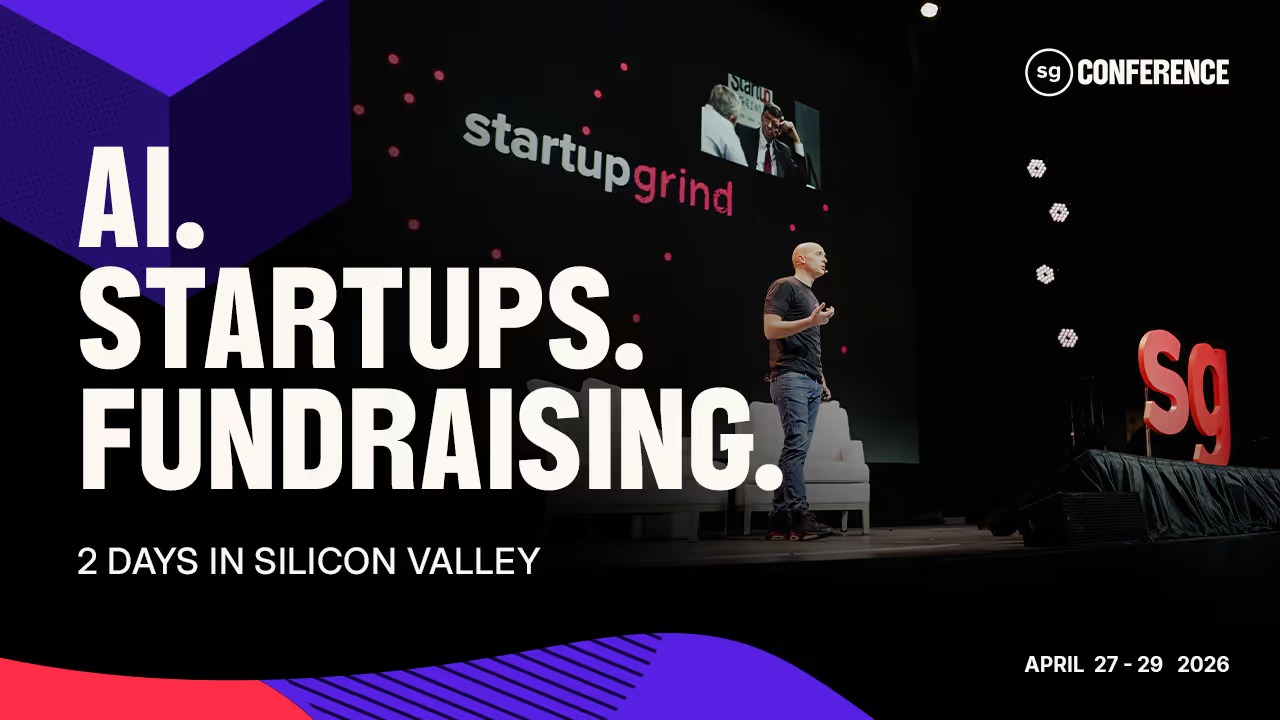
AI is evolving fast, and it's easy to get lost in the sea of online hype and conflicting advice. To help you cut through the noise and start building solid foundational knowledge, our Innovation Hub has curated a list of four essential books. Each one tackles a different but interconnected layer of the AI stack, offering the practical knowledge you need to stay ahead of the curve.
1. AI Engineering: Building Applications with Foundation Models By Chip Huyen
Get a complete guide to "AI Engineering," the new discipline of building powerful applications with readily available foundation models, and understand how it differs from traditional ML engineering.
This book teaches you how to:
- Understand the new AI stack and its key differences from traditional machine learning.
- Apply a complete framework for developing an AI application, from choosing the right models and datasets to efficient deployment.
- Use a wide range of model adaptation techniques, including prompt engineering, RAG, fine-tuning, and building agents.
- Implement different methods for evaluating open-ended models, including the modern "AI-as-a-judge" approach.
- Overcome common bottlenecks for latency and cost when serving foundation models in production.
2. Hands-On Large Language Models - By Jay Alammar
Jay Alammar moves past abstract theory and superficial prompts to teach you how to build modern, end-to-end AI applications. His famous visual style makes complex architectures and cutting-edge techniques easy to understand and implement.
This book teaches you how to:
- Understand the Transformer architecture that powers models like GPT.
- Build powerful semantic search systems that go beyond simple keyword matching, using methods like dense retrieval and rerankers.
- Use the full spectrum of generative models, from prompt engineering all the way to Retrieval-Augmented Generation (RAG).
- Train and optimize LLMs for your specific needs using techniques like fine-tuning and in-context learning.
3. AI Agents in Action - Micheal Lanham
This book takes you to the next level of AI development. It goes beyond simple chatbots to teach you how to build and orchestrate fully autonomous, production-ready AI agents. Micheal Lanham’s guide focuses on creating trustworthy systems capable of handling complex, real-world tasks like high-stakes negotiations.
This book teaches you how to:
- Create agents that can plan, collaborate, and self-improve using feedback loops.
- Implement robust knowledge management and memory systems for your agents.
- Orchestrate collaborative multi-agent systems using cutting-edge tools like AutoGen and CrewAI.
- Enhance your agents with multimodal capabilities, including speech and computer vision.
4. LLMs in Production - By Christopher Brousseau
Get a practical, example-rich guide that bridges the gap between a promising concept and a successful, scalable product, focusing squarely on the MLOps strategies needed for real-world deployment.
This book teaches you how to:
- Evaluate when to use a premade LLM versus building your own from scratch.
- Scale your MLOps platform to handle the unique demands of LLMs.
- Fine-tune, train, and deploy foundation models using advanced architectures like RLHF.
Keep Learning
The world of AI won't be slowing down. Getting grounded in the fundamentals is the best investment you can make in your career. We hope this list of AI books for developers gives you a clear starting point to take these concepts, experiment with them, and start creating




.avif)
.avif)









